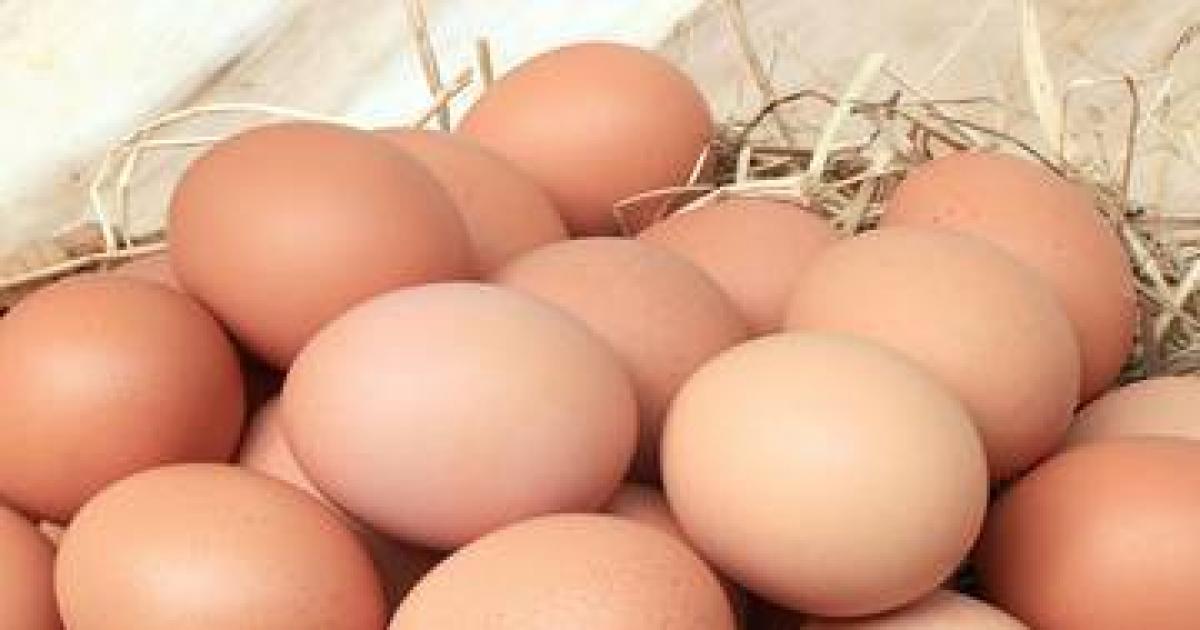The supermarket’s U-turn has drawn criticism from Compassion in World Farming (CIWF), the RSPCA, Open Cages and the Humane League, who issued an open letter urging Iceland to honour its original commitment.
According to CIWF’s 2023 EggTrack report, over 60% of eggs sold by Iceland still come from caged hens, showing limited progress nearly a decade after the initial promise.
While 82% of UK-produced eggs are now cage-free, and supermarkets like M&S, Waitrose, Sainsbury’s and Co-op have gone fully cage-free across shell eggs and ingredients, Iceland continues to lag behind. Even transitioning retailers such as Tesco, Aldi and Lidl have made significant strides, campaigners note.
Iceland cited affordability as the reason for maintaining caged egg sales, claiming it allows the retailer to keep prices down. But critics say this doesn’t hold up—pointing out that Iceland’s caged eggs are more expensive than Tesco’s barn eggs, a higher-welfare alternative.
“Once a cage-free commitment is made, it must be honoured with meaningful action,” said CIWF’s global CEO, Philip Lymbery.
“It’s shameful that Iceland is prioritising profit over ethics. Everyone deserves access to higher welfare food, regardless of income.”
Recent Kantar data shows a growing consumer shift, with 87% of shell eggs sold in UK supermarkets now cage-free – up from 78.5% just six months ago.
CIWF warns Iceland risks becoming increasingly out of step with both industry peers and public expectation.
“Consumers don’t ask for caged eggs – they expect good welfare as standard,” Lymbery said.
Campaigners are also calling for government intervention, urging Defra to ban new cage installations and phase out existing systems under its Animal Welfare Strategy.

